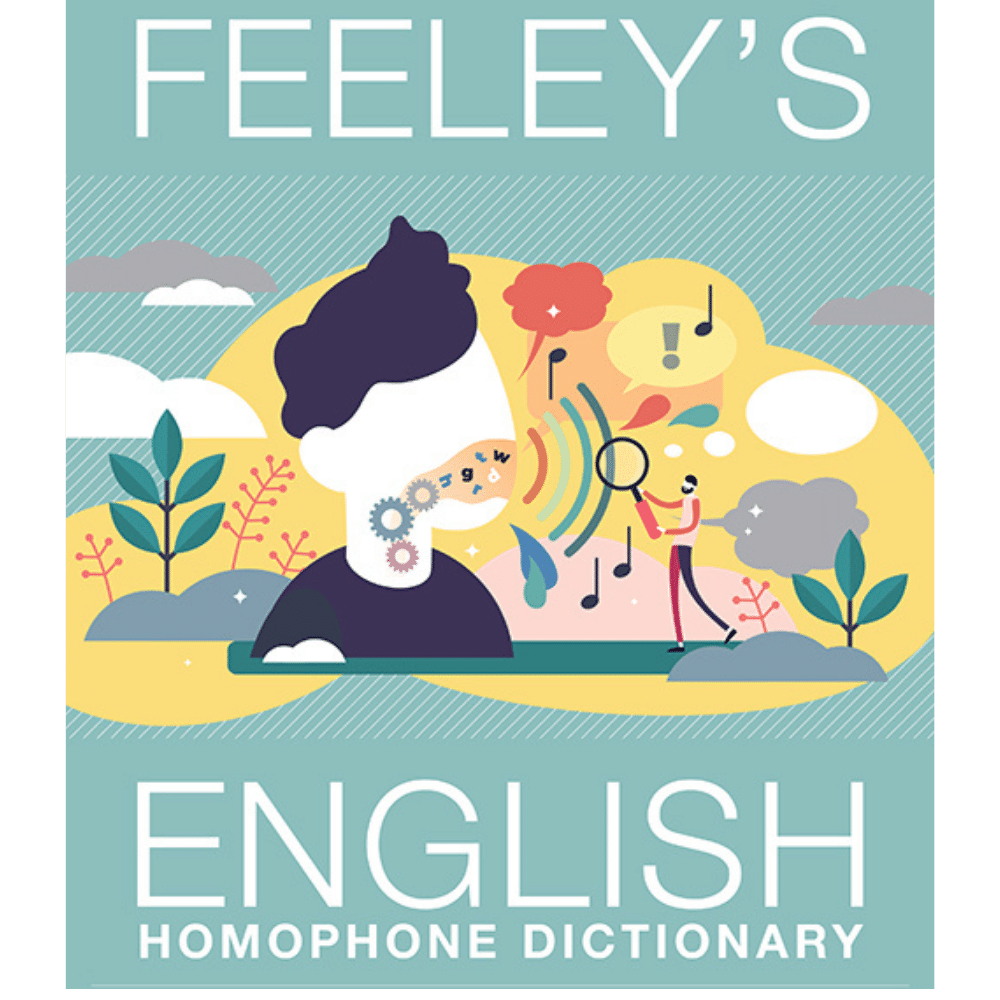Homophone sets? Let’s talk…
These days, many discuss improving communication skills, and word choice ranks high when you want to be understood. But using the wrong homophone can have some harmful effects. They can damage a reputation and cost you a lot.
So, grab a cuppa’ and join in…
Where to begin...
We plan to offer an on-going discussion about words, homophones in particular. Remember those odd sets mentioned back in elementary school and then set aside in the higher grades? Those words with the same sounds but different spellings and meanings?
Well, homophones are not just for kids. They belong in the boardroom, too, and basically wherever English is spoken.
Some folks prefer common words and become annoyed when others stray into unfamiliar territory.
Be warned! We like variety. Some sets to be discussed are common and others rare. Some border on the mundane; others on the weird and esoteric.
... a bit of background on our homophone hunt
Several years ago, a delightful, young boy asked for my help with homophones.
I jotted down a list of about thirty sets and thought that he would be satisfied.
No. He asked for more. I dug deeper and gave him more. He responded by asking for even more.
Finally, when I realized that he collected words the way other boys collected baseball cards, I went to the library and did some serious digging. After several hours, I came up with a list of a few hundred sets. At last, I had matched him.
He searched the texts we read. He searched the list. Had I missed the new example he had found?
Unknown to him, he had awakened a slumbering word sleuth in me.
With the maxim, “read widely – read often,” I continued adding to our lists. I found homophones for every letter of the English alphabet. I crossed hundreds of years of English writings from the sacred to the profane, from children’s literature to highly technical tomes. I found that homophones indiscreetly cross boundaries and sometimes, only a single letter sets them apart, but what a difference in meaning.
International Ear Challenges...
I found that the phonetics also differed, and some words had several pronunciations. Over the centuries, English has changed into an international trade language. The online Oxford English dictionary lists twelve different types of English from around the world. So, you may find that I consider some words to have the same sound and you do not. I have looked for the intersection in the sounds, and am well-aware that there are variants. For example, “ant” and “aunt” have the same sound where I come from but many from the Maritime regions of Canada and elsewhere pronounce these two differently. Both are correct and reflect the rich history of the English language.
So, come, join us on this journey at homophone central and share with us the richness of sounds and spellings and meanings.
